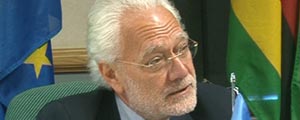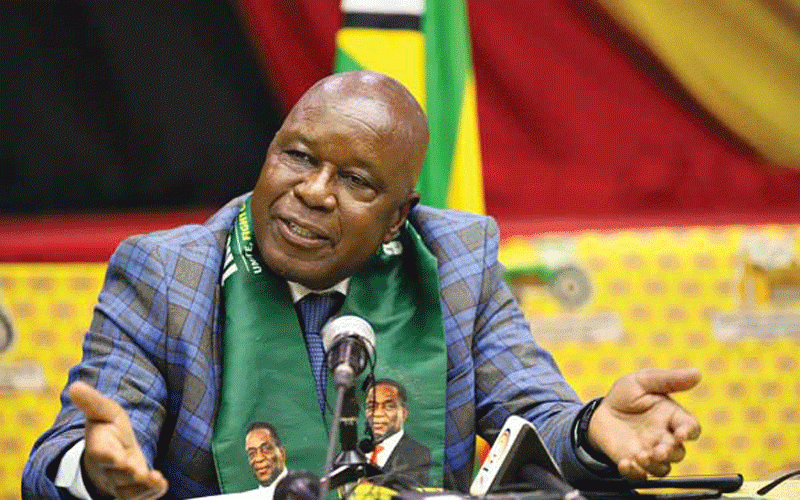
THE European Union has said implementation of electoral reforms that guard against disputed elections in future was a key prerequisite for Zimbabwe’s full re-engagement with the bloc.
BY OWN CORRESPONDENT
EU Ambassador to Zimbabwe Aldo Dell’Ariccia last week said President Robert Mugabe’s government had the task of restoring democracy in the country of which the issue of credible elections was no exception.
He said the EU was still concerned about the manner in which last year’s elections were held, insisting they did not conform to best democratic practices. Mugabe beat MDC-T leader Morgan Tsvangirai who claimed the polls were stolen from him.
Dell’Aricia said African Union and Sadc observers made recommendations on how to improve the electoral environment in order to avoid future problems.
“It’s evident that the commitment of the Zimbabwean government to implement these recommendations will for us be a demonstration of the government’s engagement to fully restoring credible democracy in the country,” Dell’Ariccia said.
The EU imposed sanctions against Mugabe and his inner circle in 2002, accusing them of gross violations of human rights.
Dell’Ariccia said the government also had the task of aligning several pieces of legislations to the new Constitution as that would renew confidence in the country.
- Chamisa under fire over US$120K donation
- Mavhunga puts DeMbare into Chibuku quarterfinals
- Pension funds bet on Cabora Bassa oilfields
- Councils defy govt fire tender directive
Keep Reading
He said the re-engagement was a two-way process and the EU would be waiting to see Zimbabwe’s response on its concerns.
“The principle is that when you re-engage with somebody, that person has to respond. For us, the willingness is there to continue engaging with the government and its remains. So we are waiting to see the response of the government,” Dell’Ariccia said. “The decision taken in February 2014 will be reviewed next February in 2015, but the EU is ready to reconsider that any time based on the situation in the country.”
In February this year, the EU suspended most of the restrictive measures on several Zanu PF officials following the successful holding last year’s constitutional referendum.
The bloc, however, decided to maintain sanctions on Mugabe and his wife, Grace.
Dell’Ariccia described as unfortunate claims by Zanu PF that the fact that Mugabe and Grace remained on sanctions showed lack of commitment by the EU to re-engage with Zimbabwe.
“In February, when the decision was taken to suspend the measures on the eight individuals while keeping the First Couple on the list, the reaction of the (Zimbabwean) government has been that as long as the President and the First Lady are on the list, it means the whole country is under the measures,” he said.
“However, the invitation to President Mugabe to attend the EU-Africa Summit is the demonstration of our commitment to re-engaging with Zimbabwe.”
Mugabe, however, boycotted the EU-Africa Summit held in Brussels recently after his wife, Grace was denied a visa.











